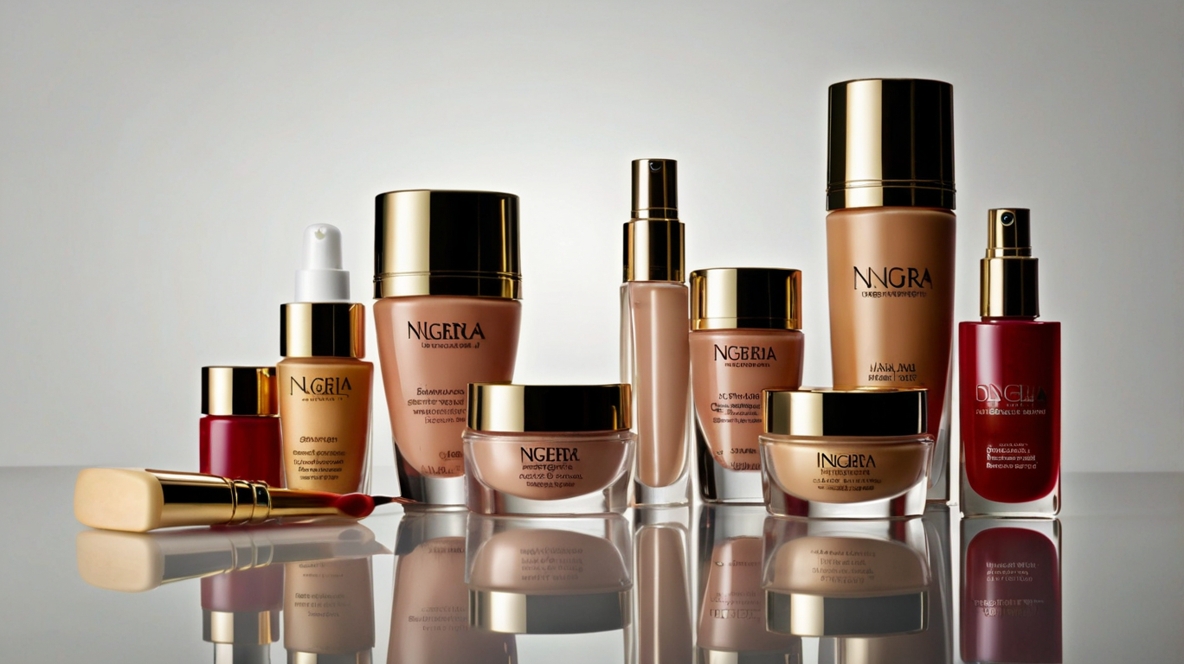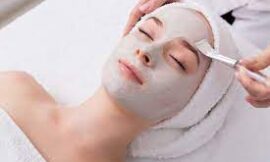The Nigerian cosmetic market in 2024 is set for continued expansion, driven by rising demand for beauty and personal care products. As one of the largest markets in Africa, Nigeria offers immense potential for local and international brands alike. The country’s young population, increasing disposable income, and growing interest in personal grooming are just some of the factors that make the Nigeria cosmetic market an exciting and promising sector. In this article, we’ll explore the key trends and insights that are shaping the industry’s landscape in 2024.
Rising Demand for Skincare Products
One of the most notable trends in the Nigerian cosmetic market is the increasing demand for skincare products. In 2024, Nigerians are focusing more on skincare routines that promote healthy, glowing skin. From moisturizers to serums, cleansers, and sunscreens, the skincare segment is leading the charge in the cosmetic industry. Many consumers are seeking products that cater to their specific skin needs, such as acne treatment, anti-aging solutions, and products designed for darker skin tones. The demand for skincare products that address common skin issues like hyperpigmentation is particularly strong, making this a key segment for brands to invest in.
Growth of Local Beauty Brands
While international cosmetic brands like L’Oréal, Nivea, and Dove continue to dominate the Nigerian market, local beauty brands are carving out a significant share. Nigerian brands, such as House of Tara and Zaron Cosmetics, have gained popularity by offering products that cater specifically to the needs of Nigerian consumers. These brands focus on creating products tailored to local skin types and tones, which has helped them connect with the target market on a deeper level. The success of local beauty brands in 2024 is driven by a combination of cultural relevance, authenticity, and affordability.
Influence of Social Media and E-commerce
Social media and e-commerce are playing an increasingly important role in the Nigerian cosmetic market. In 2024, beauty influencers, bloggers, and content creators continue to shape consumer buying decisions. Through platforms like Instagram, TikTok, and YouTube, beauty trends are spreading faster than ever, and consumers are more informed about the products they choose. E-commerce platforms are also thriving, offering a convenient way for consumers to access a variety of beauty products from both local and international brands. The growth of online shopping is expected to continue, making beauty products more accessible to consumers across the country.
Challenges Facing the Market
Despite the promising growth, there are challenges that the Nigerian cosmetic market must navigate. Counterfeit products remain a significant issue, as fake beauty products flood the market, undermining consumer trust. Additionally, economic factors such as fluctuating exchange rates and import taxes can impact the pricing of imported products, making them less affordable for many Nigerians. Brands that can navigate these challenges by offering high-quality, authentic products at competitive prices will be well-positioned for success.
Fore More Info : – https://gmiresearch.com/report/nigeria-cosmetic-market/
Conclusion
The Nigerian cosmetic market in 2024 is marked by growth, competition, and evolving consumer preferences. With an increasing focus on skincare, a rise in local brand competition, and the growing influence of social media and e-commerce, the market presents ample opportunities for both established and emerging brands. By addressing the challenges and staying attuned to consumer needs, businesses can tap into Nigeria’s thriving beauty and personal care industry for long-term success.



